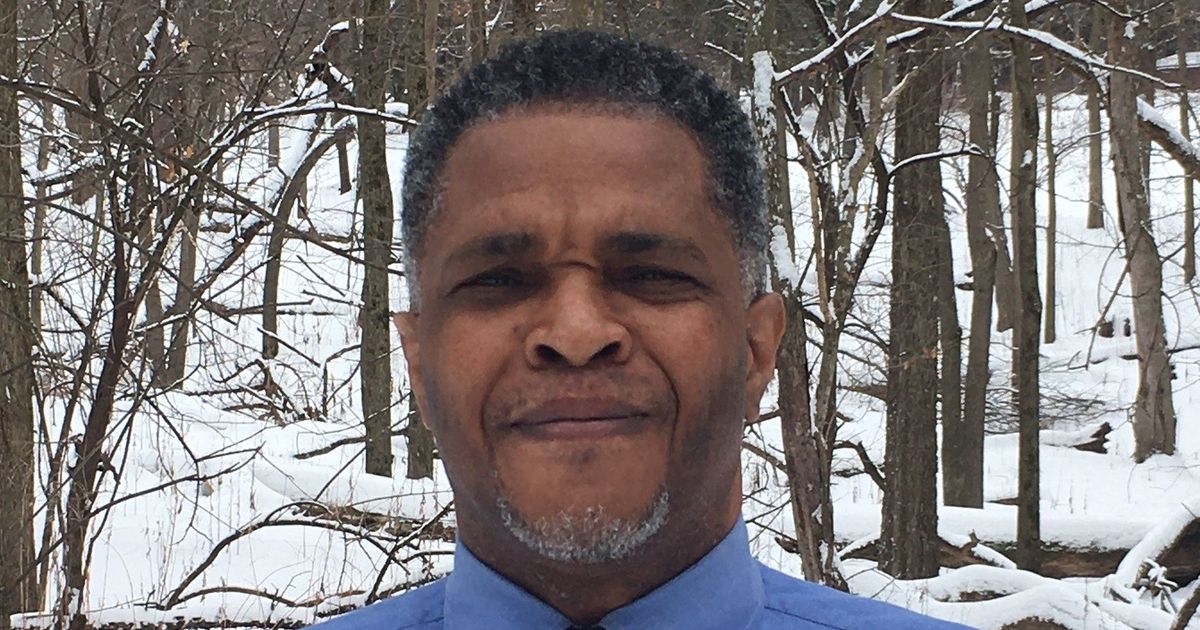
A former underwriter suing U.S. Bank over alleged racism and ageism also claims co-workers repeatedly discriminated against dealership customers seeking indirect auto loans.
Plaintiff John Span alleged white colleagues manipulated performance metrics and discriminated against minority customers by cherry-picking and favorably adjusting certain applications the bank’s automated system had already approved.
He also claimed white co-workers assigned to the multistate North Central Region denied qualified applicants on the basis of “ ’ethnic-sounding’ names” or “addresses in predominantly minority neighborhoods or neighborhoods with a ‘bad’ reputation.”
The North Central Region oversees indirect auto lending in Illinois, Indiana, Iowa, Michigan, Minnesota, North Dakota, South Dakota and Wisconsin.
U.S. Bank denied Span’s allegations in an answer filed last month in federal court.
“We take these accusations and matters very seriously,” the company said in a Jan. 14 statement. “U.S. Bank does not condone discrimination of any kind in the workplace or against customers. As this is ongoing litigation we cannot comment further.”
Span, who is Black, alleged white underwriters “would avoid approving deals in certain areas of the Region based on that area’s reputation as a ‘bad area’ for lending,” implying this judgment was based upon the area’s minority population. He said some co-workers “would procrastinate by ‘taking lunch’ or ‘using the restroom’ until some other underwriter was forced to handle the geographically undesirable loan application.”
Span also alleged a generally “toxic and racially hostile work environment” consisting of racial slurs, racist comments and racist jokes within the North Central Region team.
All of U.S. Bank’s loan applications submitted by car dealerships went through an automated approval/denial system, according to Span’s lawsuit.
Underwriters reviewed any loans the automated system denied, as well as those it deemed acceptable but that fell outside the bank’s lending policies, he said. The goal was to find and offer modified terms where U.S. Bank could buy the deal but preserve bank risk guidelines; successful attempts counted toward the underwriter’s origination performance metric.
But Span alleged underwriters also would cherry-pick loans approved by the system without any need for review — loans that wouldn’t count toward the employee’s origination tally — and modify terms to increase the chance U.S. Bank would get the business. (For example, lowering the interest rate slightly, Span said.) This tweaking allowed the underwriter to receive credit for the loan origination, Span said.
This manipulation also included an element of discrimination, according to Span. The lawsuit alleged certain white underwriters would refuse to pull and modify terms of auto-approved deals involving “applicants who had non-white sounding names.”
According to Span, U.S. Bank’s indirect auto underwriters were required to fund enough loan applications submitted by dealerships to reach an approval rate of 80 percent of the team average. But the bank placed the highest significance on an underwriter’s number of early payment defaults when judging employee performance, according to Span, who alleged this encouraged discrimination.
Span struggled to meet these competing metrics while working the Chicago South sector, which he said he took over after unsuccessful performances by three white underwriters. But unlike the white underwriters, who were reassigned or offered different jobs at the bank, Span was kept on the territory and experienced a “verbal counseling” for failing to meet targets, according to the lawsuit.
Span said he repeatedly complained to human resources and U.S. Bank executives, including CEO Andrew Cecere, about alleged “discriminatory and hostile treatment.” U.S. Bank fired Span in July 2020.
“U.S. Bank’s sole justification for doing so was Span’s failure to satisfy certain metrics in April 2020, the peak of the COVID-19 pandemic and corresponding low point of lending volume,” the lawsuit states. Span said he was the only underwriter fired on those grounds.
Span sued the bank alleging one count of racial discrimination and one count of retaliation for reporting or challenging discrimination, both in violation of federal law. He also alleged single counts of disparate-treatment and disparate-impact racial discrimination, age discrimination and retaliation under the Illinois Human Rights Act.